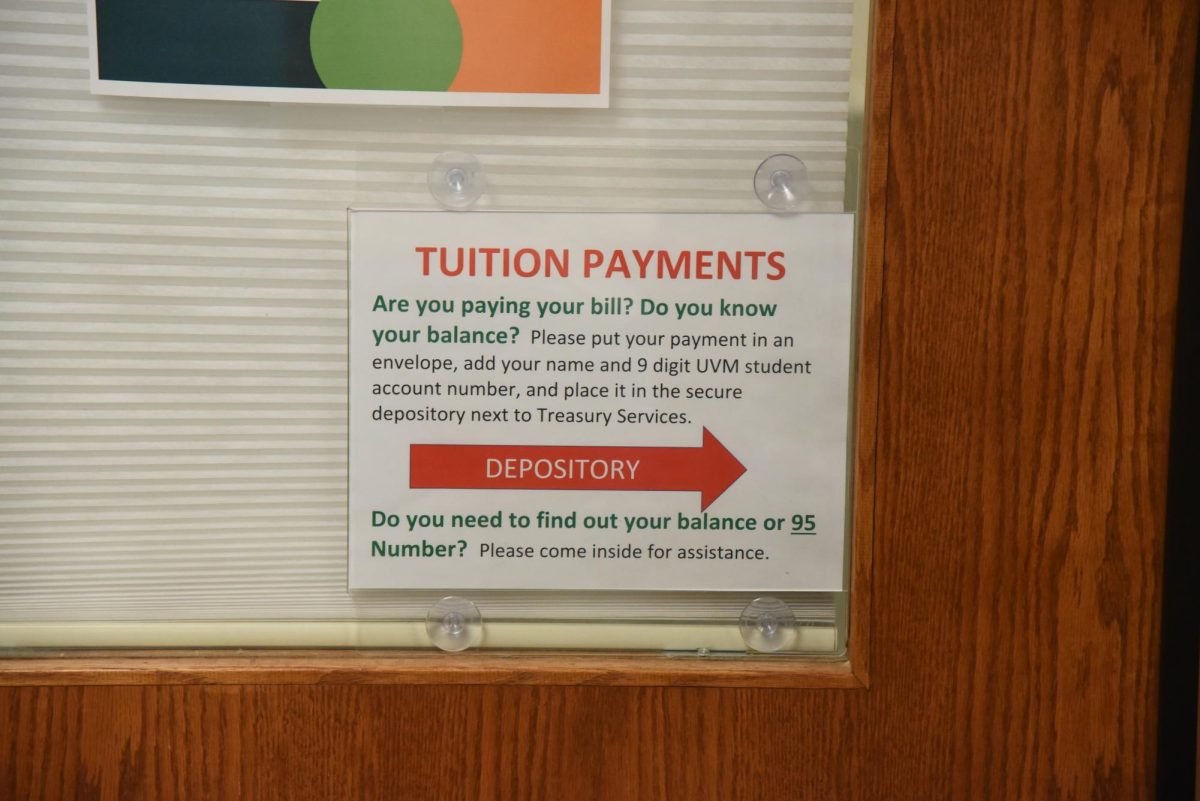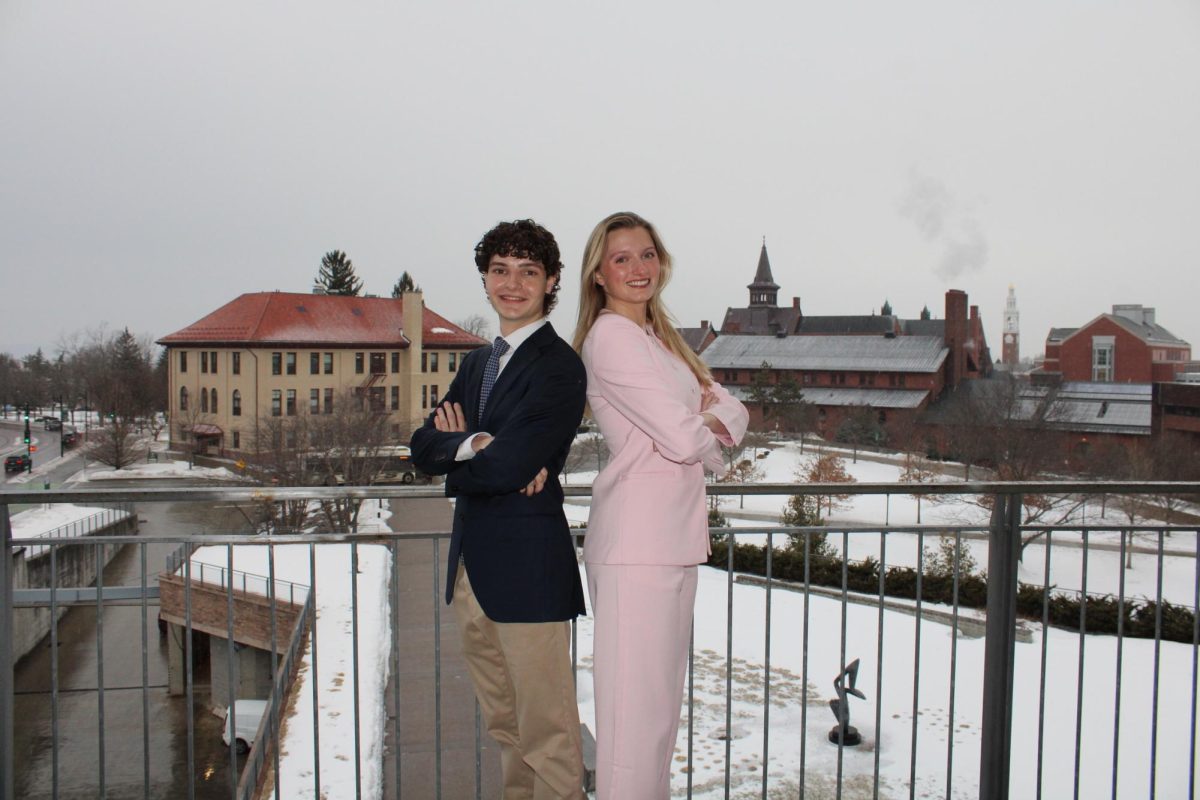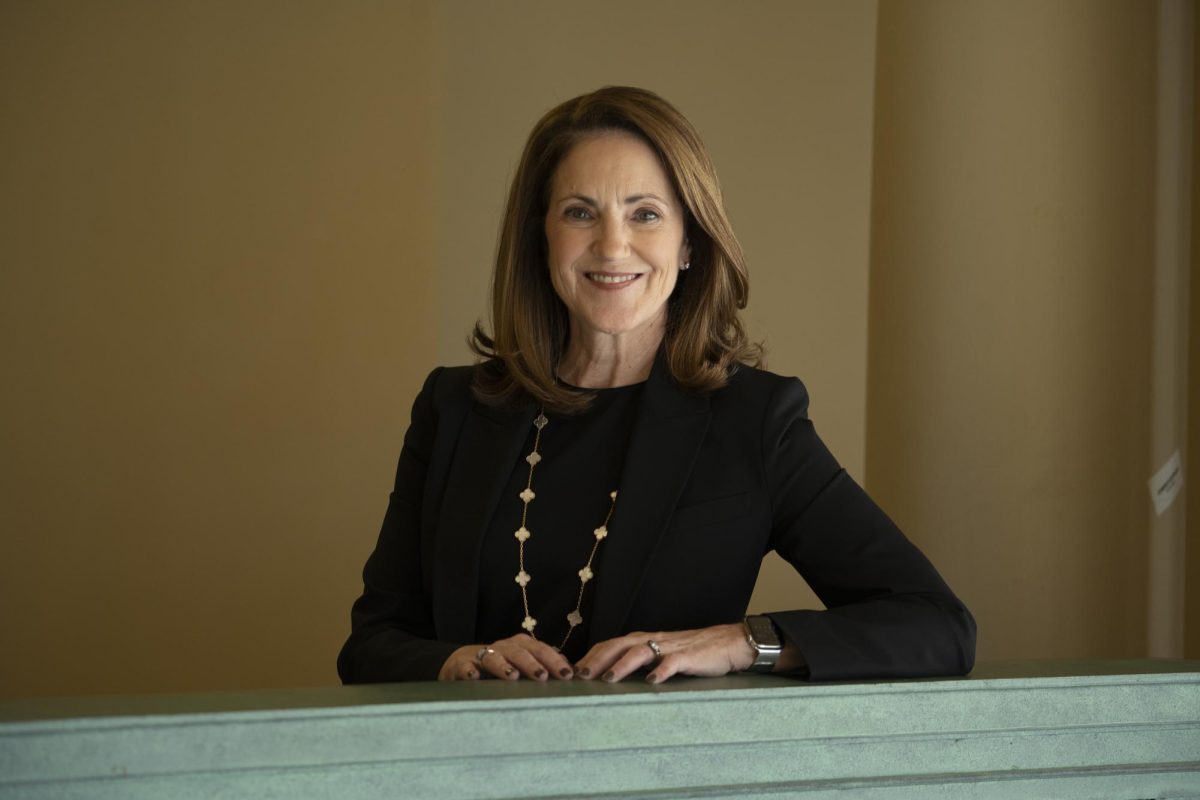UVM is increasing out-of-state tuition by 3.5% for the 2024-25 school year while keeping in-state tuition frozen, according to a Nov. 1 press release.
Starting next year, out-of-state students will see tuition increased to $42,725, while Vermonters will see no change in tuition, according to a Nov. 2 VTDigger article. Also included is an increased comprehensive fee and a new program fee for certain majors.
“The University has not been isolated from increases of costs,” said Jay Jacobs, vice provost of enrollment management. “We had to look to find ways to offset the increases of those expenditures…by increasing revenue sources.”
In-state students will still be billed $16,280 per year, while out-of-state students will be charged $42,725, up from $41,280 from the 2023-24 year, according to the article.
The intent of keeping in-state tuition frozen is to follow UVM’s land-grant mission and assure affordability to the Vermonters whose tax dollars help fund the University, Jacobs said.
“We wanted to be able to ensure that the institution is in good financial health moving forward, while keeping price increases as modest as possible for current and future students,” Jacobs said.
The decision comes at the end of a five-year period of frozen tuition for both in-state and out-of-state students, according to the press release.
“I think that it was something that the University had to do in order to ensure that we were able to continue to offer the educational experience that we offer today,” Jacobs said. “It took creativity to find efficiencies to keep tuition flat […] And I think we ran out of runway there”
There will also be a new yearly program fee for students in the Grossman School of Business, the College of Nursing and Health Sciences and the College of Engineering and Mathematical Sciences, Jacobs said.
“We decided to add that program fee to those three colleges, which will impact about just less than a third of students. But this way, students who are taking advantage of those high cost programs will be paying for it rather than taxing the full student body,” Jacobs said.
The income threshold for the UVM Promise program has also increased: previously, household income was capped at $60,000. Now, the cap has been raised to $75,000, according to the article.
“We want to make sure that the monies that we award Vermonters in financial aid go to students who need those monies the most,” Jacobs said. “We were excited that we were able to raise the threshold.”
Jacobs and his team are currently working on the final calculations of how scholarships—including those specific to out-of-state recipients—will rise following this increase. There are plans to announce this information in early 2024, he said.
Sophomore Abi Scholl said that revenue from increased tuition could be used for various purposes.
“I think there’s a lot of things that money could be used for—to improve the lives of the students on campus,” said sophomore Abi Scholl. “Some of the buildings, the classrooms are really old and could use a renovation, so like, where’s the money going?”
Scholl believes that this increase in out-of-state tuition should come with more financial aid opportunities to those affected, they said.
“I know next year, the only way I’m going to be able to afford off-campus housing is to use my loan money to pay my rent,” Scholl said. “I’m stuck with these expensive, ridiculous payments.”
The rising tuition is understandable when considering the costs, but it’s still a burden to students, Scholl said.
“Pay your people more, but also help the students who can’t afford to go to college—I think that there’s a tricky balance. And I know that there are a lot of [student] financial needs that aren’t being met,” Scholl said.
Scholl said they will consider looking for additional scholarships outside of UVM to make up the difference.
“The school admits enough students. They have enough money coming at them already. And they do not need more of mine than they’re already getting,” said sophomore Caroline Van Hemel.
As someone whose younger siblings will soon be going to university, the increase in out-of-state tuition will put more strain on Van Hemel’s parents, she said.
“With inflation […] it’s reasonable to increase tuition,” Van Hemel said. “[When] tuition goes up 3.5%, I want financial aid, scholarships and so on to also go up by 3.5%”
Van Hemel said the increase would require her to renegotiate some of her financial plans, and she would consider seeking more scholarships from outside the University going forward.













